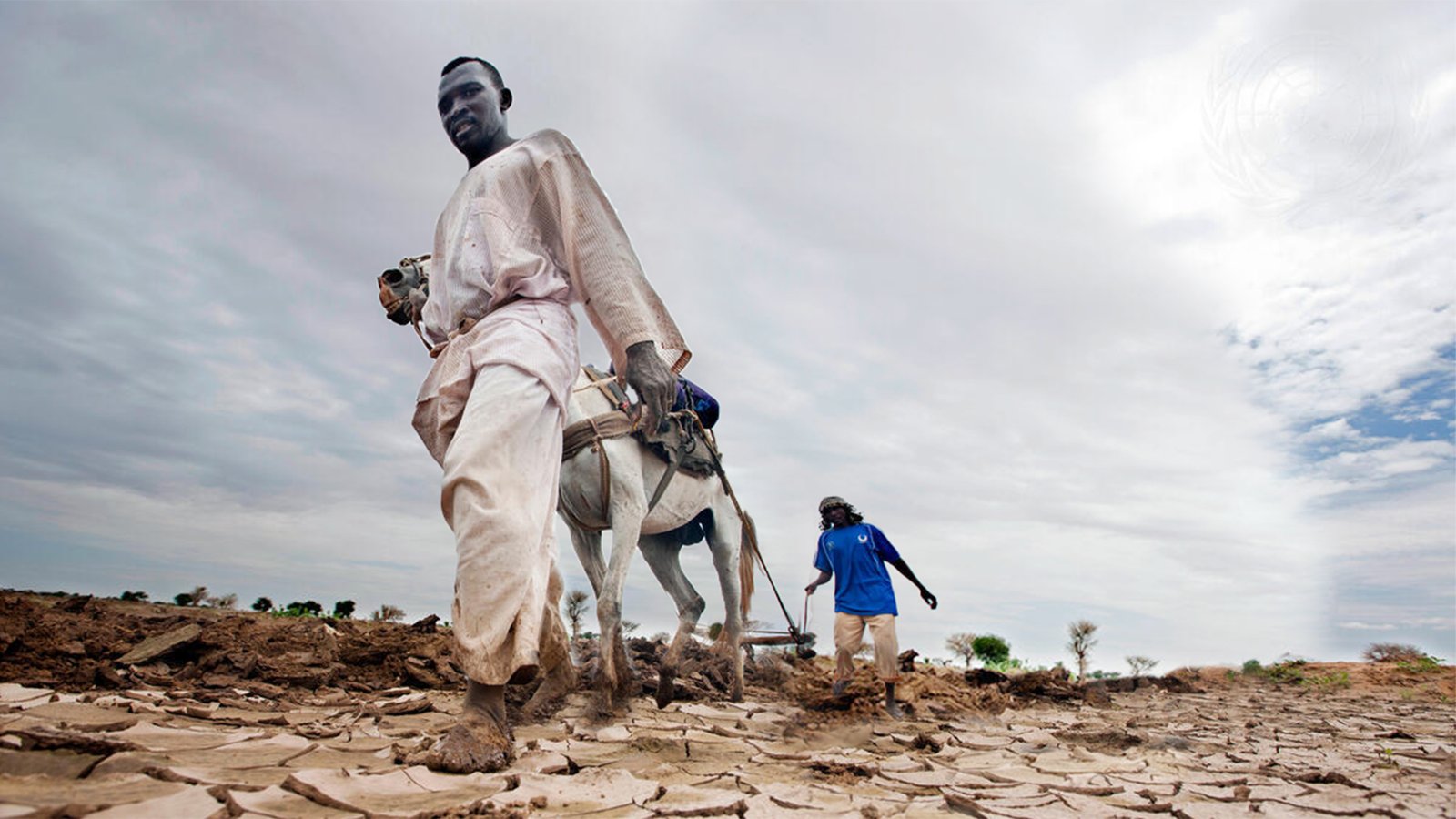Bridging Policy and Practice in the Context of Climate-Induced Migration
Heavy rainfall and floods, cyclones, droughts, and sea-level rise will increase climate mobility around the world - and especially on the African continent. In its new publication series, the Climate Mobility Africa Research Network provides evidence-based analysis and recommendations on key challenges related to climate-induced migration.
While African legal and policy frameworks related to displacement and climate change are often praised for being more comprehensive and progressive than many of their international counterparts, in practice concrete implementation lags behind. This is the finding of the Climate Mobility Africa Research Network (CMARN) resulting from its latest analyses on the subject. Our partner has just published the series Climate Mobility Africa Insights.
Short fact sheets and policy briefs provide up-to-date analysis on key legal and policy issues in the context of climate-related mobility. Through this series, our partner aims not only to build knowledge and capacity among relevant stakeholders, but also to amplify the voices of African researchers in discussions and debates on this pressing global issue. The bilingual series has so far covered climate change adaptation, disaster risk reduction, transhumance, human rights, and sexual and gender-based violence (SGBV).
“While climate mobility may occur as an adaptation mechanism, which may be lifesaving and rights enhancing, it also may exacerbate vulnerable situations of certain groups, including women, children, persons with disabilities, older persons, and youth.”
Jegede is a climate change expert and Professor of Law and Director of the Ismail Mahomed Centre for Human and Peoples’ Rights at the University of Venda, South Africa. He examines how African human rights instruments can be used to promote the human rights of specific vulnerable groups in the context of climate mobility. These include the African Charter on Human and Peoples’ Rights, the Kampala Convention, and the African Charter on the Rights and Welfare of the Child.
His analysis shows that African human rights instruments offer opportunities for various stakeholders, such as NGOs, lawyers, and human rights institutions, to advocate for the rights of vulnerable groups impacted by climate-induced displacement. Developing complementary instruments to protect these people is particularly important, as mobility can disrupt already inadequate protection structures, further contributing to the vulnerability of these groups. In their engagement with vulnerable groups, the above-mentioned actors can use already established quasi-judicial and legal bodies. These bodies include the African Commission on Human and Peoples' Rights, the African Court of Justice, and the African Committee of Experts on the Rights and Welfare of the Child. They can promote and protect human rights in the context of climate mobility through reporting mechanisms, lawsuits, and interpretive functions.
Oluwatoyin Adejonwo, a Senior Lecturer at the Faculty of Law, University of Lagos, and a solicitor and advocate at the Supreme Court of Nigeria, stresses that climate change particularly affects marginalised groups such as women and girls. Environmental degradation, resource scarcity, and conflict increase mobility, putting women and children at particular risk of SGBV. The risk of violence is particularly high when traveling, as support networks are harder to access or have been left behind. Adejonwo argues that existing regional climate change strategies and action plans offer an opportunity to develop policies to protect women and girls from SGBV during climate-related mobility. While some strategies address gender issues, few explicitly address SGBV, highlighting the need for comprehensive prevention strategies.
CMARN
Established in 2021 with the aim of supporting the advancement of evidence-based legal and policy responses to climate mobility, CMARN is a multidisciplinary, bilingual (EN and FR) network of researchers and policy makers from across the African continent and beyond.
Nicodemus Nyandiko describes how mobility should be integrated into disaster risk reduction laws, strategies, and policies in African countries. He is Senior Research Fellow in the Department of Disaster Management and Sustainable Development at Masinde Muliro University of Science and Technology. Nyandiko recommends that in their disaster risk reduction (DRR) frameworks, African countries should address all dimensions of human mobility using gender-sensitive and human rights-based approaches. In addition, such frameworks should cover all phases of disaster displacement, including prevention, protection and durable solutions such as return, reintegration, and planned resettlement.
Cheikh Tidiane Wade, Professor at the Université Assane Seck in Ziguinchor, sees pastoralist mobility as an adaptation strategy in the context of climate change. He highlights the multiple contributions of pastoralism to livelihoods and describes how pastoral mobility is not only a key element of rural development, but also a potential source of conflict over access to water and pasture. These problems are exacerbated by climate change and geopolitical and security challenges. Wade therefore calls for pastoral mobility to be recognised as a key adaptation strategy to climate change and stresses the need to support participatory management of pastoral areas, demarcate transhumance routes, and strengthen local governance structures to prevent conflict.

